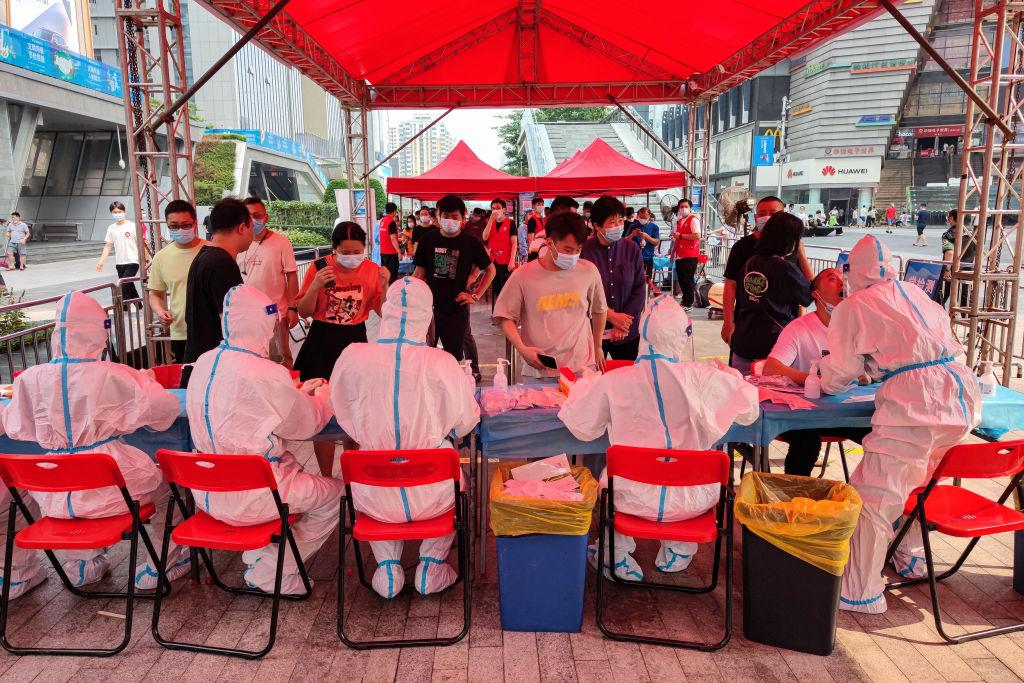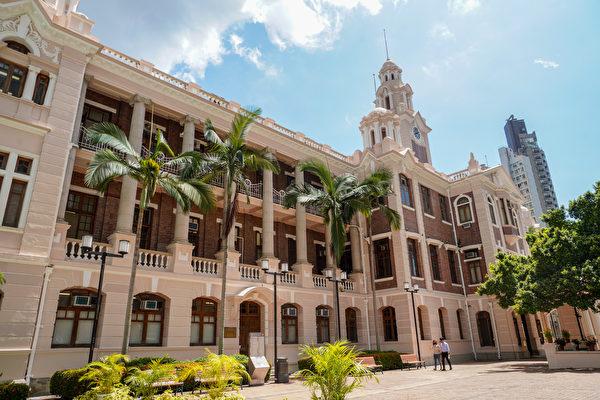Cases of the COVID-19 “Delta” variant, which officials say has the shortest transmission time discovered so far, have recently appeared in Guangzhou, China. The variant could be transmitted by simply passing by someone with the virus, even without physical contact. This report puts Shenzhen, the city adjacent to Guangzhou, the world’s third-largest cargo port, under tremendous stress.
According to the Chinese Communist Party’s (CCP) official report on June 21, a fourth-generation Delta virus transmission occurred in only 14 seconds from a third-generation Delta virus carrier to a fourth-generation Delta carrier.





